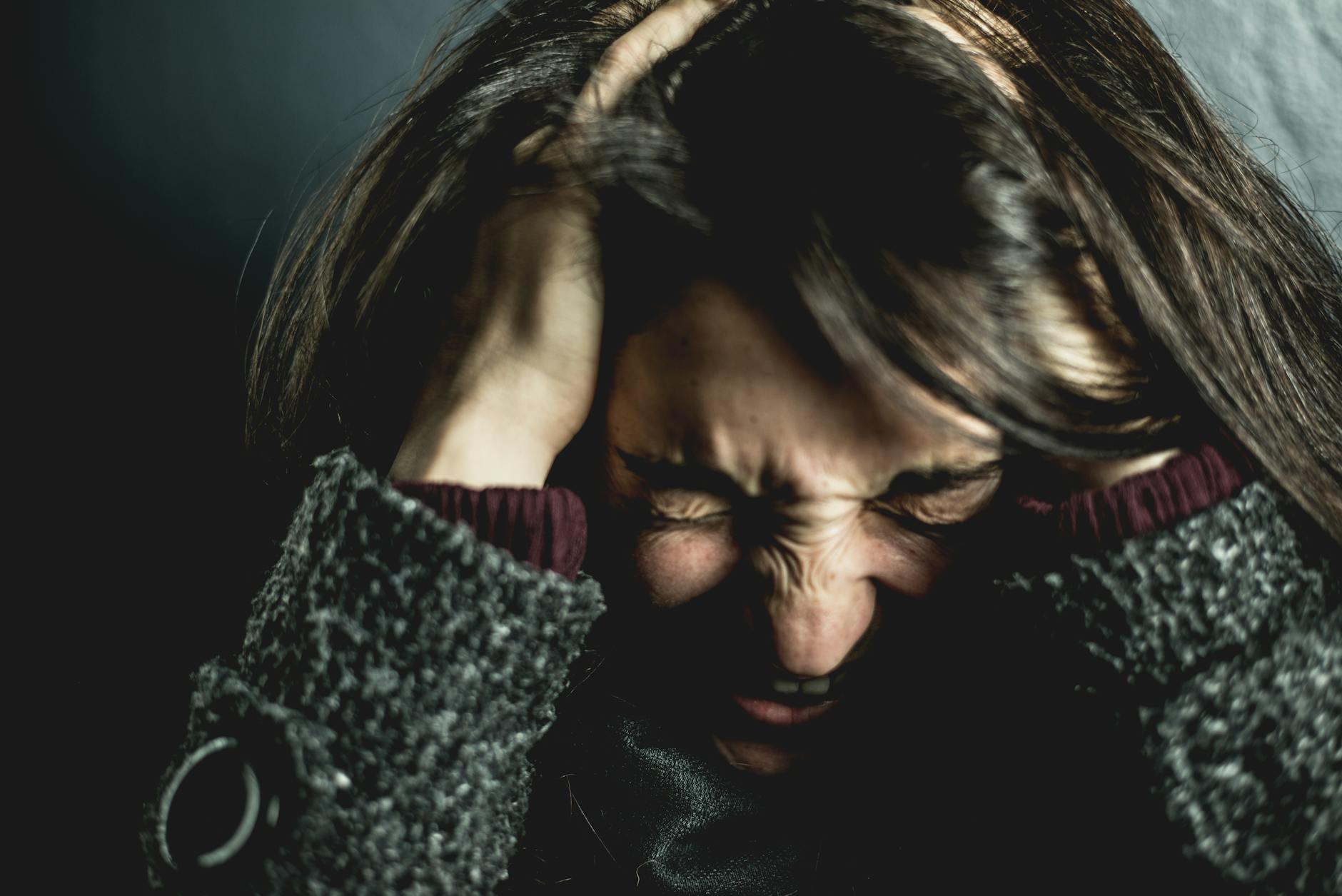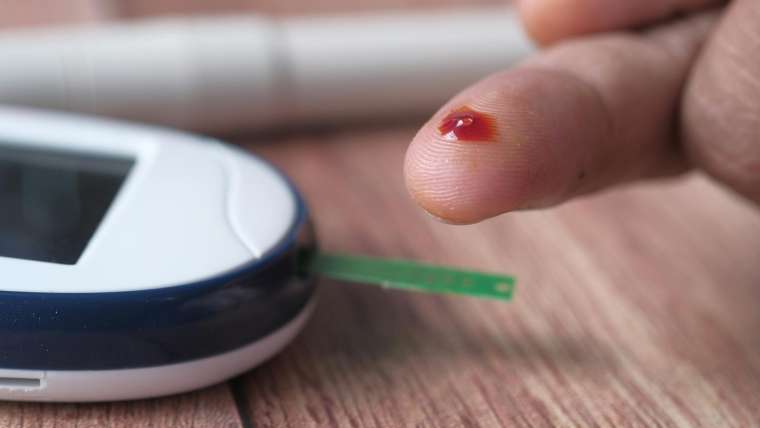Find out the secrets to managing kidney stones – from prevention to treatment – and live pain-free with our expert guide.
Table of Contents
Welcome, dear readers, to a comprehensive guide on kidney stones – a condition that plagues millions of individuals worldwide. Kidney stones, also known as renal calculi, are hard mineral deposits formed in the kidneys that can cause excruciating pain and discomfort. In this blog post, we will delve into the causes, symptoms, diagnosis, treatment options, and prevention techniques for kidney stones. So, let’s embark on this journey to understanding and managing this painful condition!
Causes of Kidney Stones
Kidney stones can be caused by a variety of factors, including dehydration, dietary choices, genetic predisposition, and underlying medical conditions. The most common types of kidney stones are calcium stones, which form when there is an excess of calcium in the urine. Other types of kidney stones include struvite stones, uric acid stones, and cystine stones. Understanding the specific type of kidney stone can help in determining the appropriate treatment plan.
Symptoms of Kidney Stones
The symptoms of kidney stones can vary depending on the size and location of the stone. Common symptoms include severe pain in the side and back, pain while urinating, blood in the urine, nausea, and persistent urge to urinate. Some individuals may also experience fever and chills, especially if the kidney stone is causing an infection. It is important to seek medical attention if you experience any of these symptoms, as untreated kidney stones can lead to complications.
Diagnosis of Kidney Stones
Diagnosing kidney stones typically involves a combination of physical exams, imaging tests (such as ultrasounds or CT scans), and urine tests. Your healthcare provider may also perform blood tests to assess kidney function. Once a diagnosis is confirmed, the healthcare provider will work with you to develop a tailored treatment plan based on the size and composition of the kidney stone.
Treatment Options for Kidney Stones
The treatment for kidney stones depends on factors such as the size of the stone, its location, and the severity of symptoms. For small kidney stones that can be passed on their own, your healthcare provider may recommend drinking plenty of water and taking pain medication to help ease discomfort. In some cases, procedures such as extracorporeal shock wave lithotripsy (ESWL), ureteroscopy, or percutaneous nephrolithotomy (PNL) may be indicated to remove the kidney stone.
| Topic | Recommendation |
|---|---|
| Stay Hydrated | Drink plenty of water to help flush out small stones and prevent new ones from forming. |
| Low-Sodium Diet | Avoid foods high in sodium that can contribute to stone formation. |
| Limit Oxalate-rich Foods | Reduce consumption of foods like spinach, beets, and nuts that are high in oxalate, a common component of kidney stones. |
| Control Calcium Intake | Get the proper amount of calcium from sources like dairy products, but avoid calcium supplements that can increase the risk of kidney stones. |
| Medication | Consult with a doctor about medications that can help manage pain and prevent stone formation. |
| Monitor Health | Regularly check in with a healthcare provider to monitor kidney health and prevent future episodes of kidney stones. |
Prevention Techniques for Kidney Stones
Preventing kidney stones from recurring is crucial for individuals who have previously experienced this condition. To reduce the risk of kidney stones, it is recommended to stay hydrated by drinking an adequate amount of water each day, follow a balanced diet low in salt and oxalate-rich foods, limit consumption of animal proteins, and avoid excessive consumption of vitamin C and calcium supplements. Regular physical activity can also help in preventing kidney stones by promoting overall kidney health.
Conclusion
In conclusion, kidney stones can be a painful and distressing condition, but with the right knowledge and management strategies, individuals can effectively deal with this issue. By understanding the causes, symptoms, diagnosis, treatment options, and prevention techniques for kidney stones, individuals can take proactive steps to protect their kidney health and reduce the likelihood of developing kidney stones in the future. Remember, if you suspect you have kidney stones or are experiencing symptoms, do not hesitate to consult with your healthcare provider for proper evaluation and treatment. Here’s to a healthier, kidney stone-free future!
Answer to some common questions related to kidney stones:
Can kidney stones be prevented?
Answer 1: Yes, kidney stones can be prevented by staying hydrated, following a low-sodium diet, limiting oxalate-rich foods, controlling calcium intake, and monitoring health regularly.
What are the symptoms of kidney stones?
Answer 2: Symptoms of kidney stones include severe pain in the side and back, pain while urinating, blood in the urine, nausea, and persistent urge to urinate.
How are kidney stones diagnosed?
Answer 3: Kidney stones are diagnosed through a combination of physical exams, imaging tests, urine tests, and blood tests to assess kidney function.
What are the treatment options for kidney stones?
Answer 4: Treatment for kidney stones depends on factors like size and location. Options may include drinking water, pain medication, and procedures such as lithotripsy or ureteroscopy to remove the stone.





